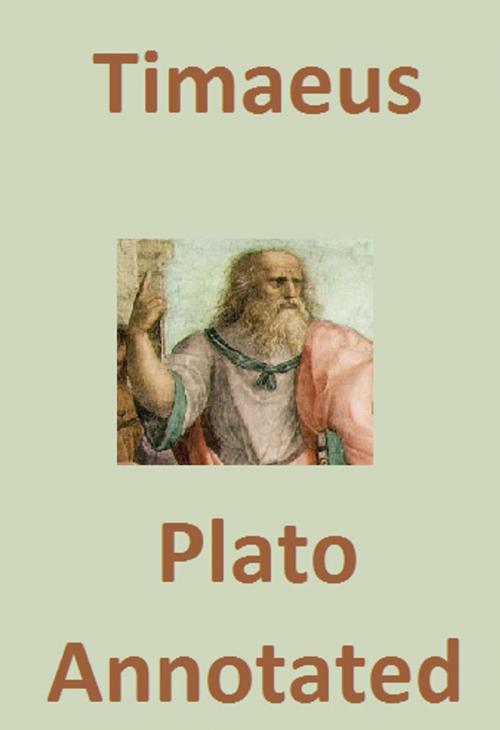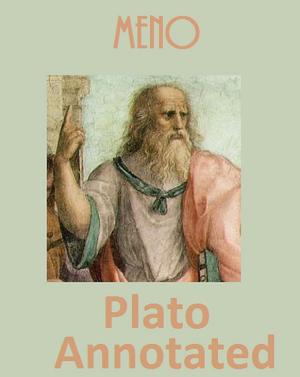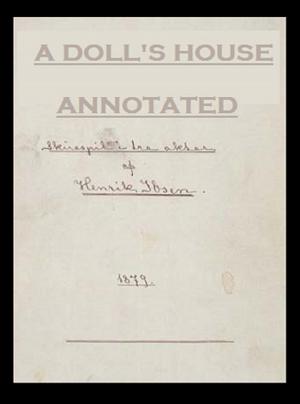Timaeus (Annotated)
Nonfiction, Religion & Spirituality, Philosophy, Free Will & Determinism, Ancient| Author: | Plato | ISBN: | 1230000493758 |
| Publisher: | Bronson Tweed Publishing | Publication: | June 16, 2015 |
| Imprint: | Language: | English |
| Author: | Plato |
| ISBN: | 1230000493758 |
| Publisher: | Bronson Tweed Publishing |
| Publication: | June 16, 2015 |
| Imprint: | |
| Language: | English |
Timaeus is one of Plato's dialogues, mostly in the form of a long monologue given by the titular character, composed circa 360 BC. The work puts forward speculation on the nature of the physical world and human beings and is followed by the dialogue Critias.
Participants in the dialogue include Socrates, Timaeus of Locri, Hermocrates, and Critias. Some scholars think that it is not the Critias of the Thirty Tyrants who is appearing in this dialogue, but his grandfather, who is also named Critias. It has been suggested that Timaeus is influenced on a book about Pythagoras, written by Philolaus.
This edition has formatted for your reader, with an active table of contents. It has also been extensively annotated, with additional information about Laws and also Plato, including an overview, introduction, synopsis, later influence, and biographical information.
Timaeus is one of Plato's dialogues, mostly in the form of a long monologue given by the titular character, composed circa 360 BC. The work puts forward speculation on the nature of the physical world and human beings and is followed by the dialogue Critias.
Participants in the dialogue include Socrates, Timaeus of Locri, Hermocrates, and Critias. Some scholars think that it is not the Critias of the Thirty Tyrants who is appearing in this dialogue, but his grandfather, who is also named Critias. It has been suggested that Timaeus is influenced on a book about Pythagoras, written by Philolaus.
This edition has formatted for your reader, with an active table of contents. It has also been extensively annotated, with additional information about Laws and also Plato, including an overview, introduction, synopsis, later influence, and biographical information.









![Cover of the book Love and Freindship [sic] (Annotated) by Plato](https://www.kuoky.com/images/2015/september/300x300/1230000651271-2Kai_300x.jpg)





